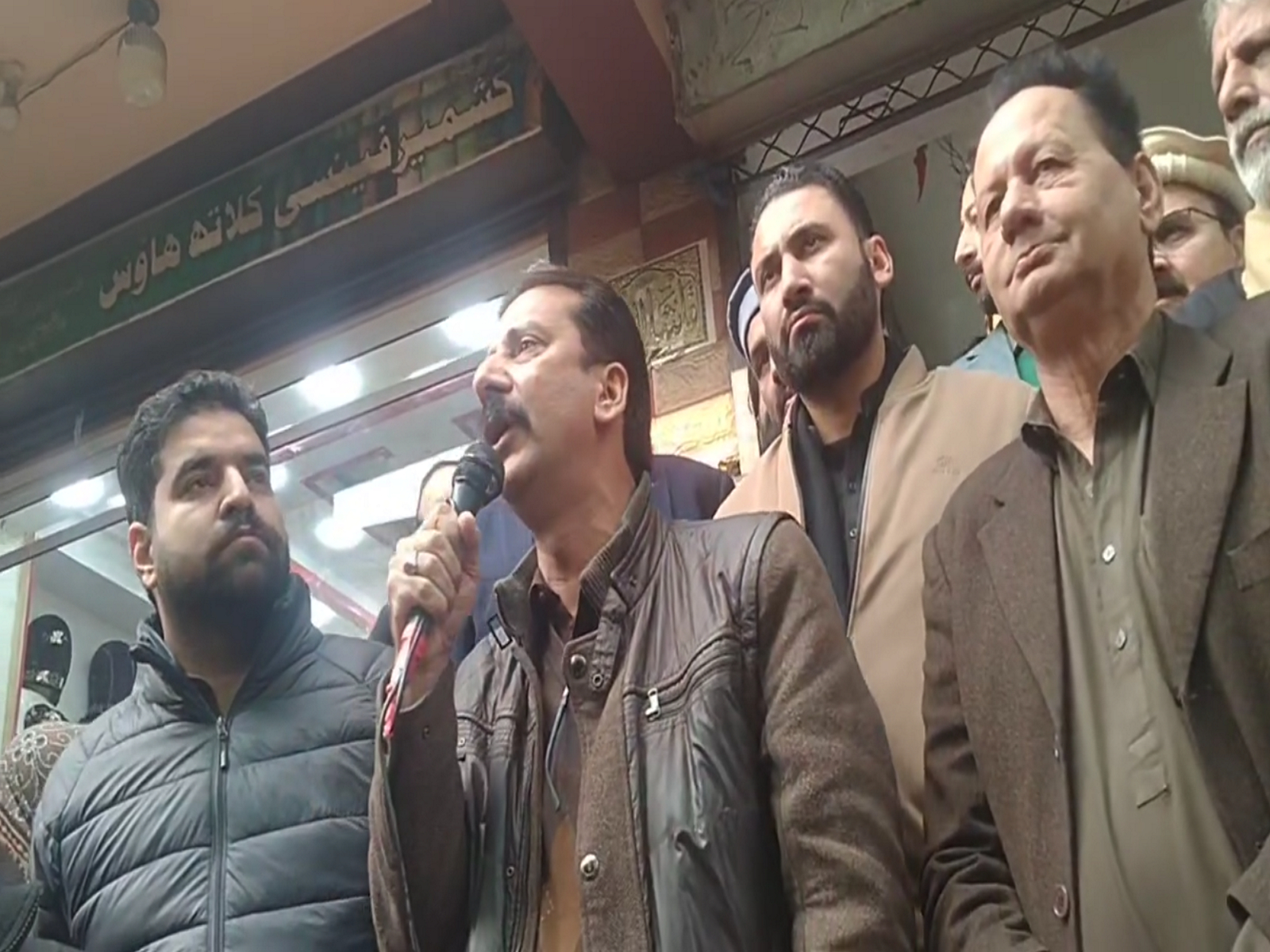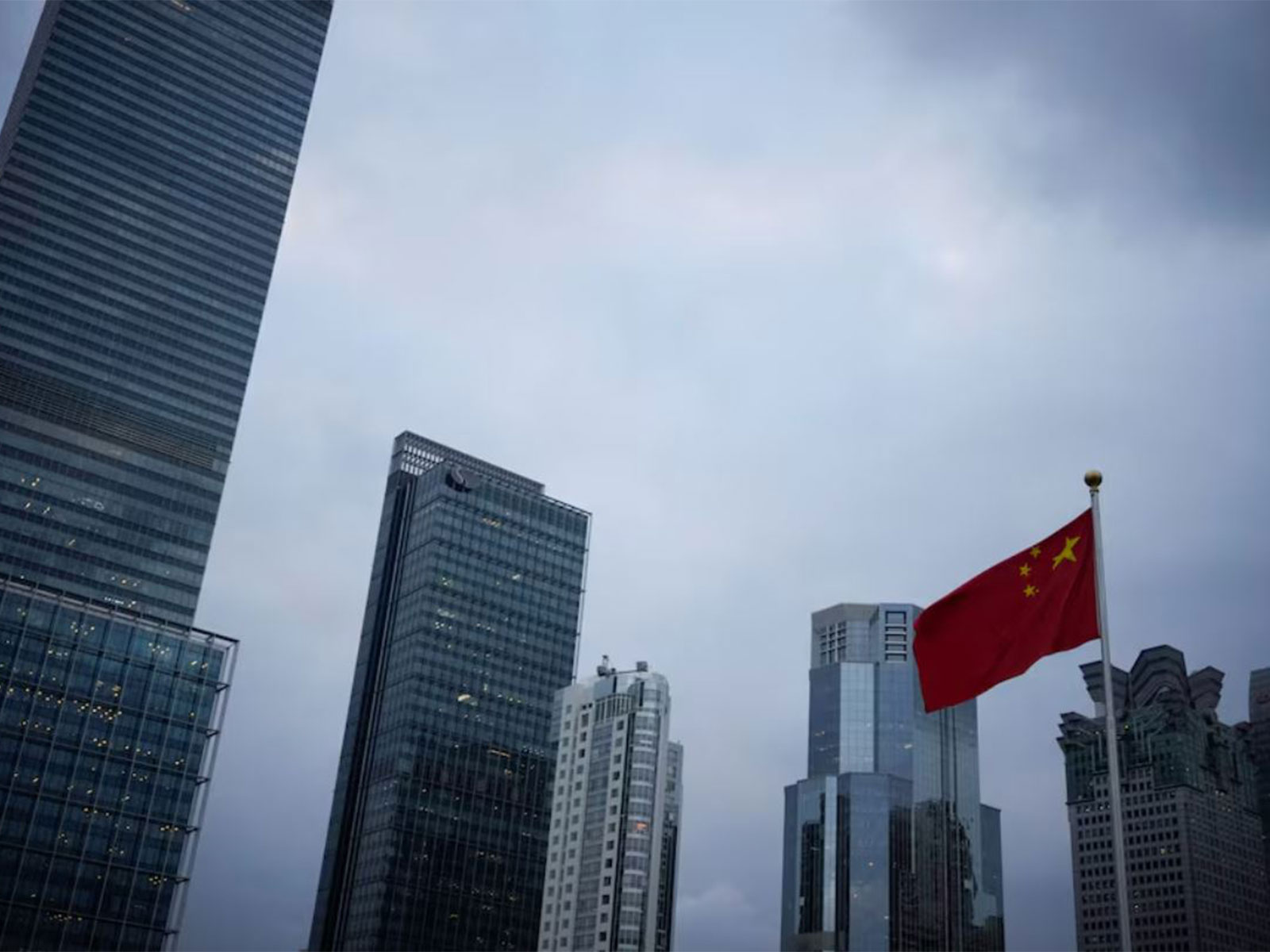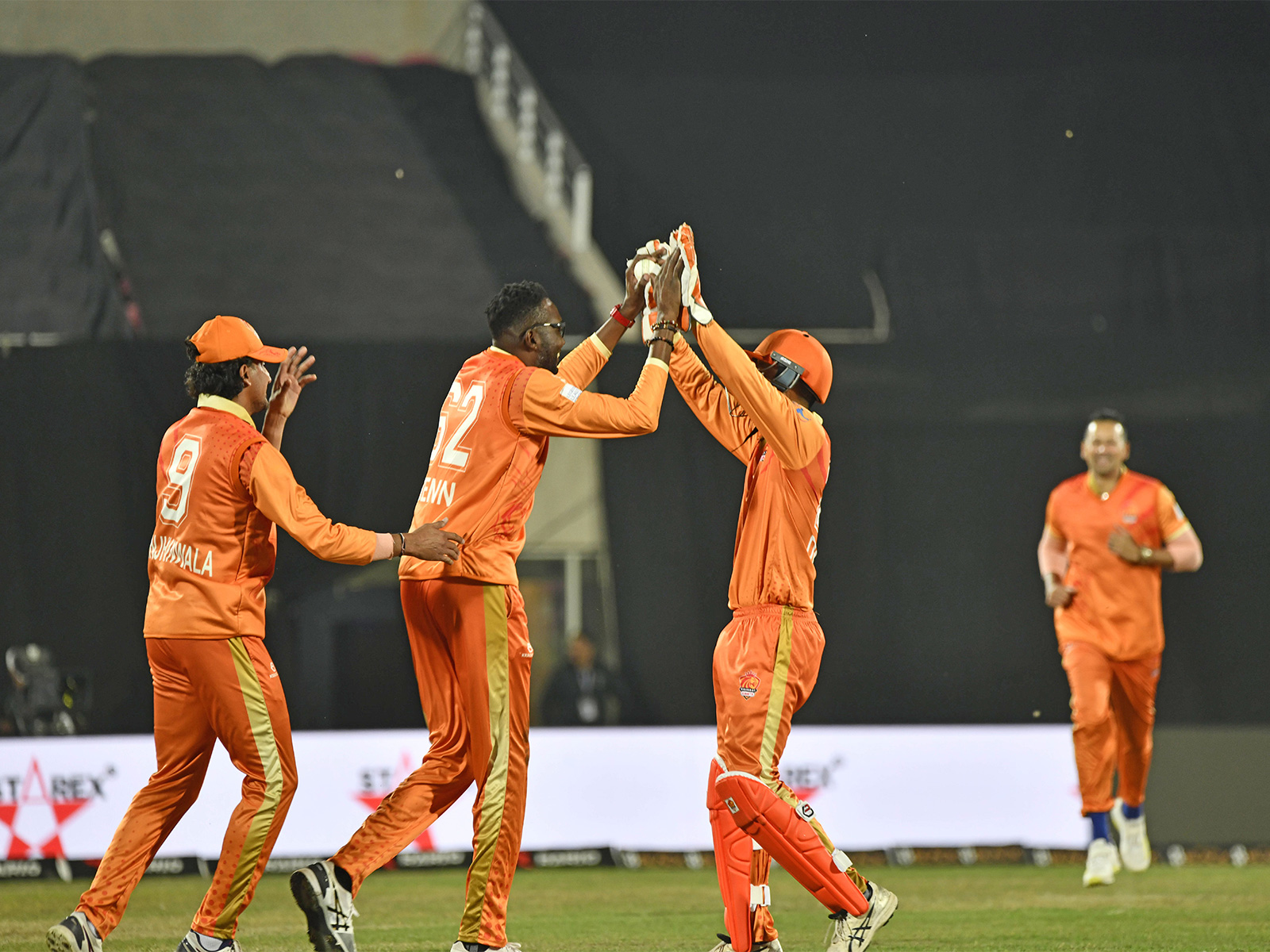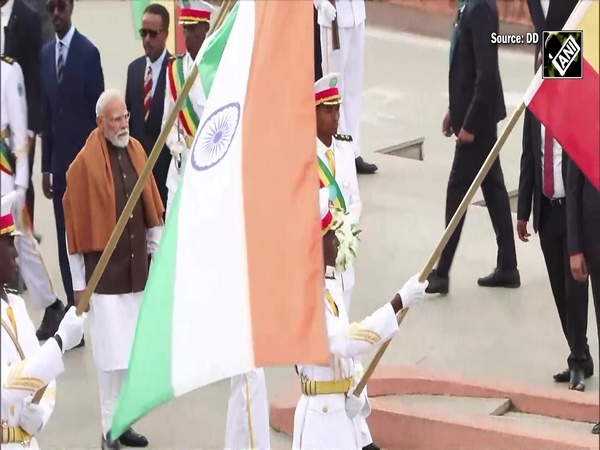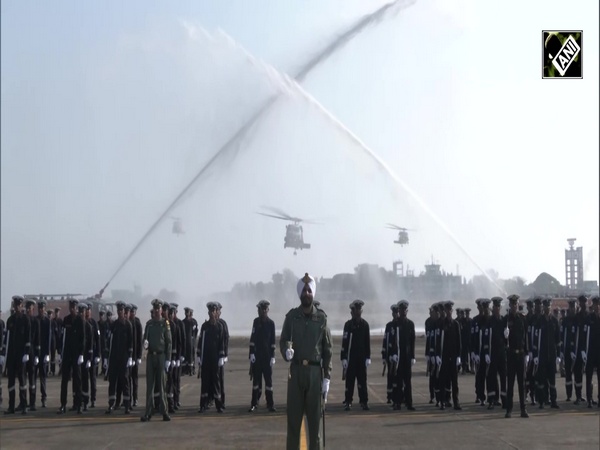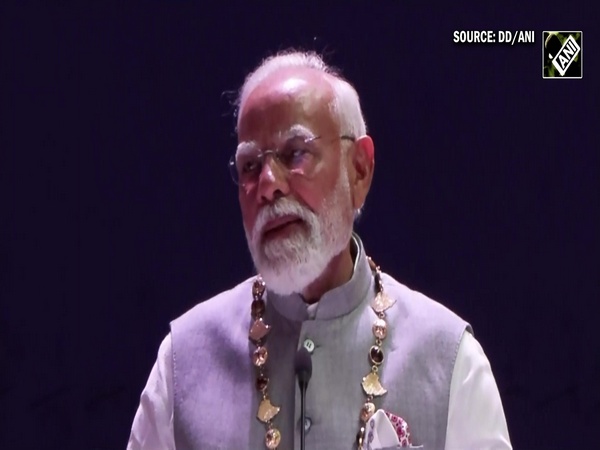US, China engaging in nuclear arms race amid reports of Beijing developing second-strike capability
May 16, 2021

Beijing [China], May 16 : Amid strained ties between Washington and Beijing, the US-China nuclear arms have raced up after reports have emerged of the communist nation developing second-strike capability in nuclear energy.
Francesco Sisci, writing in Asia Times said that the US commentariat is ringing alarms about China's nuclear rearmament and apparent new second-strike reaction capability.
In recent days, two American journalistic heavyweights, David Ignatius and Fred Kaplan pointed to the ongoing nuclear and missile rearmament process in China. The fundamental point is that according to opinion-makers China has acquired second-strike nuclear reaction capability.
This is a fundamental point in the balance of nuclear terror. The ability to react after a first nuclear strike means that even if an enemy were to attack first with a nuclear offensive, the attacked country would retain the capacity for a counterattack. So far only the US and Russia officially have such capabilities.
If China has acquired it or is about to acquire it, global military and political dynamics will change. In fact, China reportedly has trucks that carry concealed, ballistic missiles capable of being operational in a short time always on the road. Given their number and the size of the country, some of them would survive the first strike and could launch their missiles at a possible first attacker, reported Asia Times.
America and Russia have built their arsenals over many years and at the same time have defined their political and military rules of engagement with increasing clarity over the same long period.
Today, however, there has not been a conflict in which the two sides have established the limits, and even if there was such a conflict, given China's capacity for nuclear reaction, many things could quickly degenerate, said Sisci.
Moreover, the US and China find themselves with very robust arsenals (even if the US remains far more armed) but their political and military rules of engagement remain very confused. Hence there is an increased possibility of mutual accidents and errors, reported Asia Times.
There are also questions about what America will do in response to this new Chinese capacity. Opinions are divided in America. One careful observer from Washington, Chris Nelson, recommends a halt to US nuclear rearmament.
In fact, the US today has a much greater military capacity than China and nuclear rearmament would divert resources from the current American plan to relaunch infrastructure and factory production.
Until recently, the business elites have prevailed. Today, the balance is shifting faster and faster in favour of the military elites, not least because the business opportunities in the American and European stimulus plans for the post-Covid period could provide more opportunities than China, reported Asia Times.
Plus, many businessmen grew wary about the realities of dealing with the Chinese in a sustained and mutually beneficial way and security concerns always prevail in the end over business concerns in dangerous conditions.
The idea that China poses the same sort of strategic threat as the former USSR is gaining traction and increasing acceptance in Washington.
It is a very complex issue and such a comparative statement badly captures the whole set of ideas and concerns building up in Washington about China. But this consensus, once affirmed, will obey a logic that is difficult to stop or steer, wrote Sisci.

